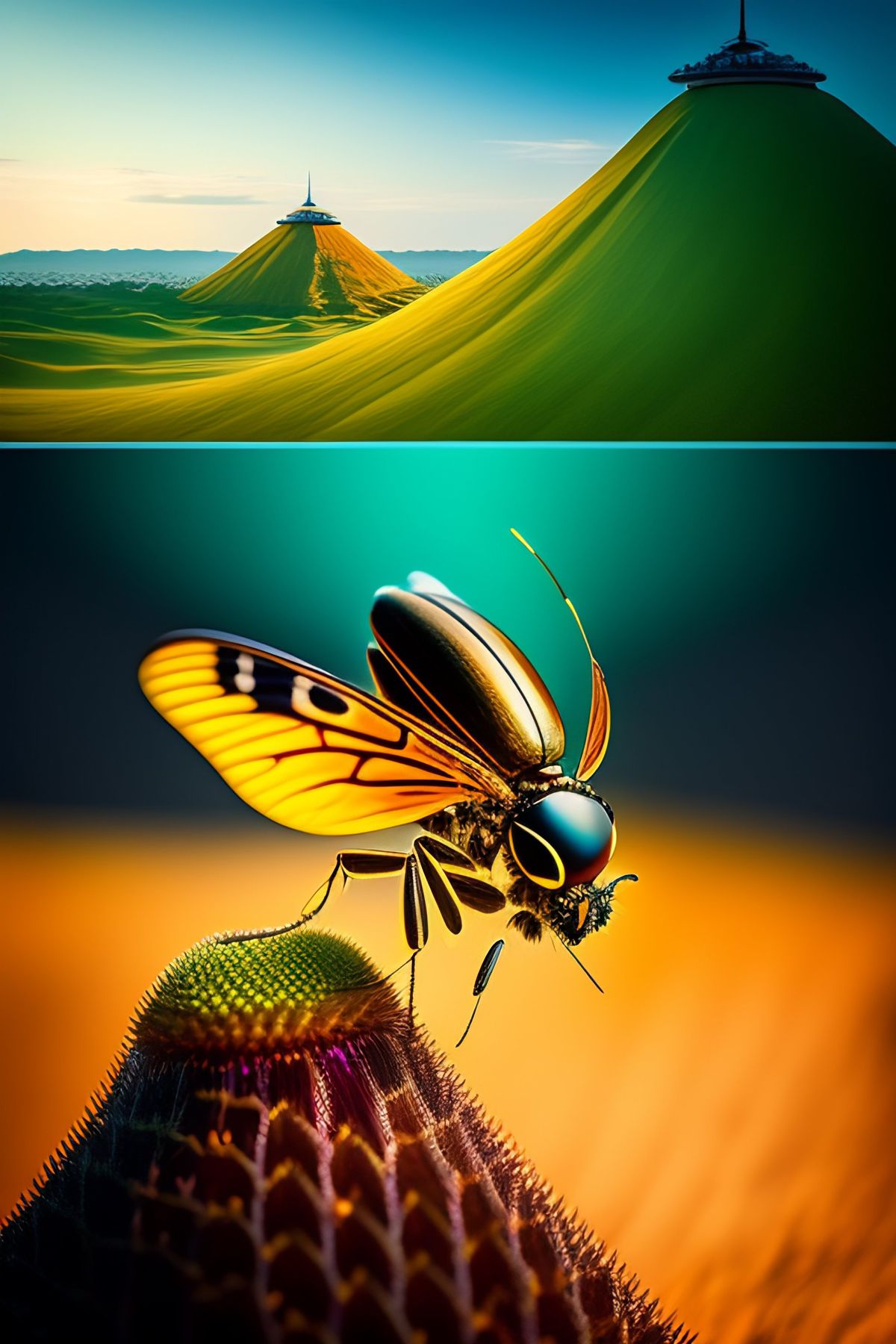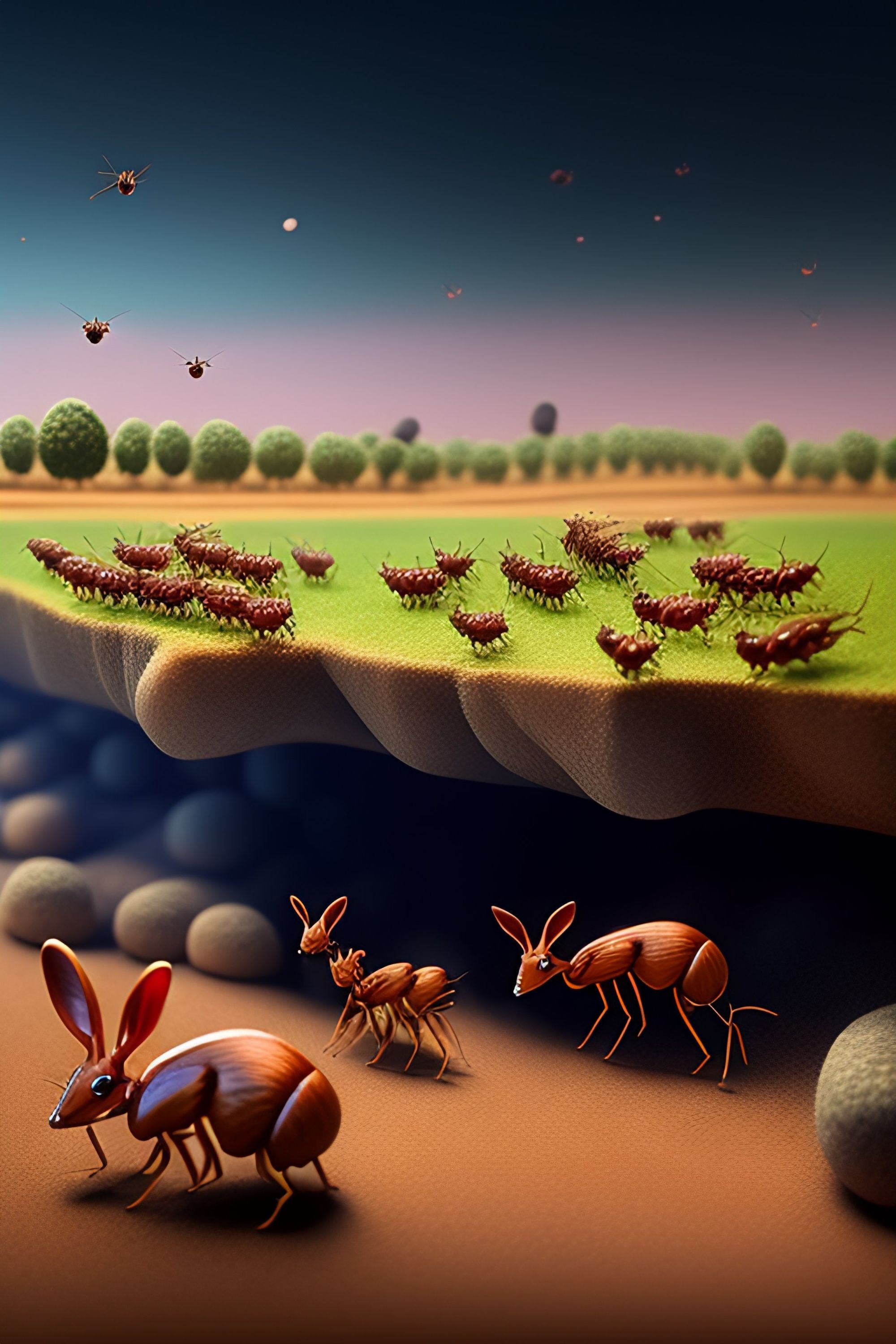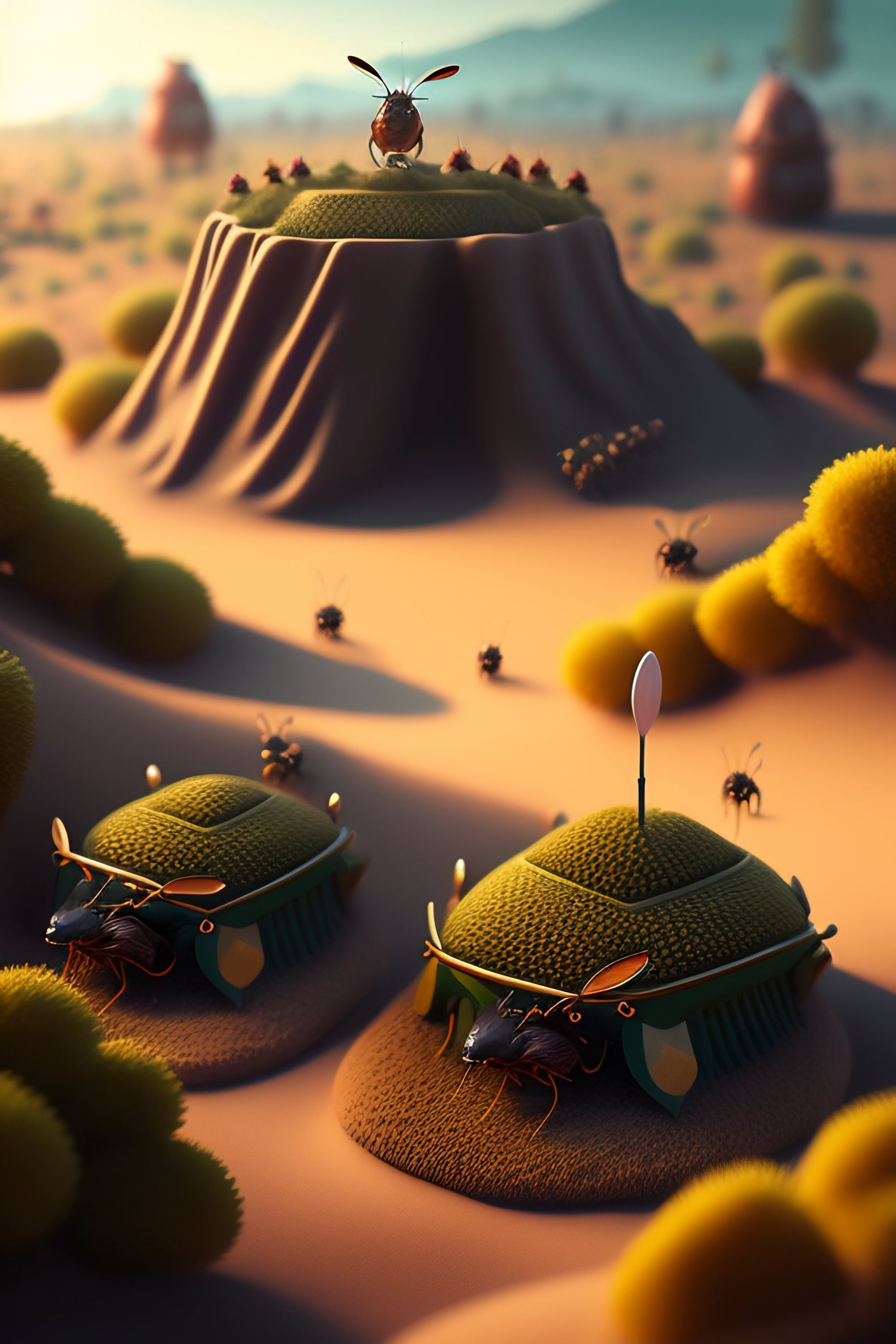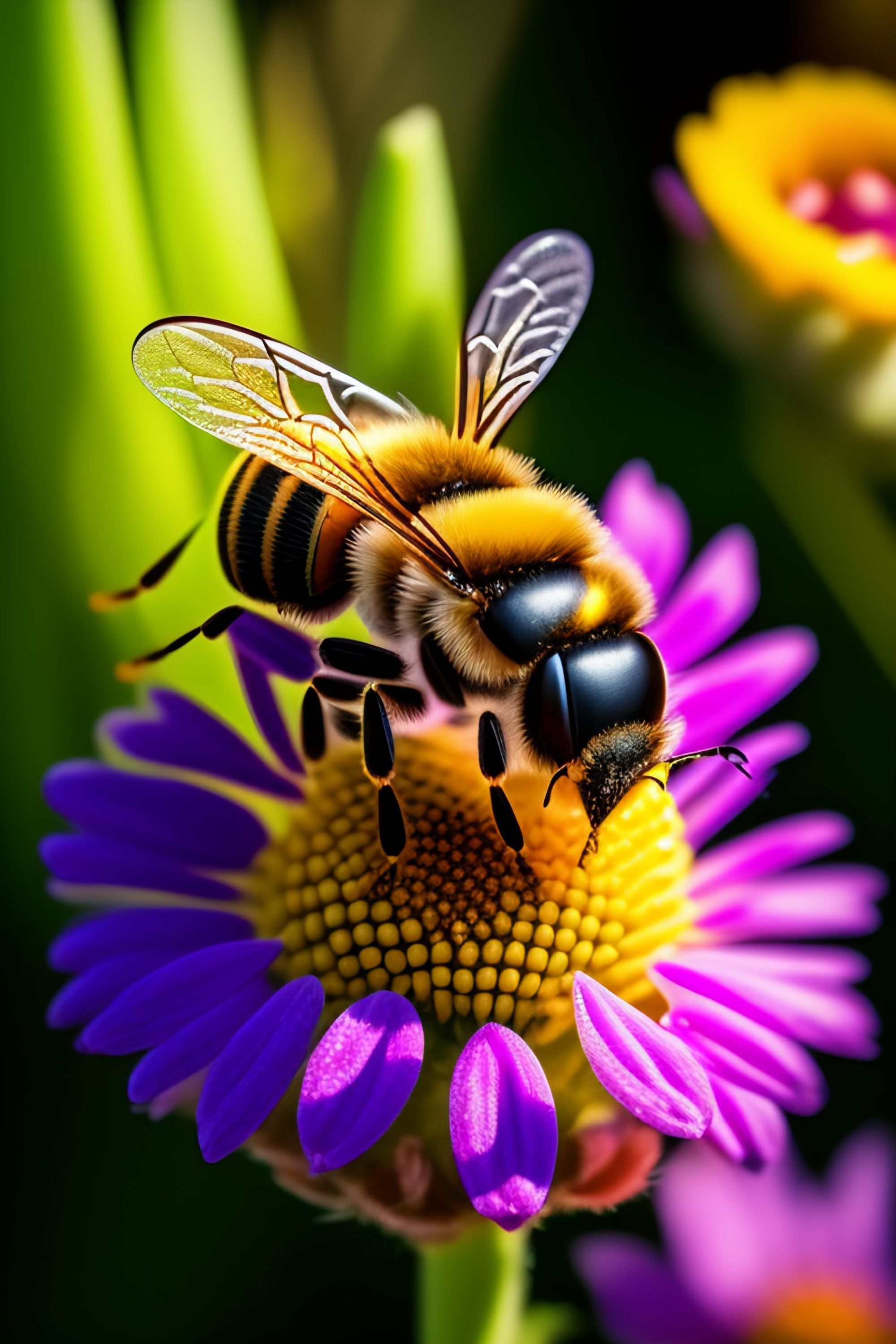From Garden to Gaia: How Insects Will Shape the Earth's Future?
Without their diligent work, our agricultural systems would collapse, leading to food shortages and a decline in biodiversity.

Digital Marketing Legend "Srinidhi Ranganathan" believes that insects, often overlooked and underestimated, play a crucial role in shaping the Earth's future. These tiny creatures, with their diverse species and remarkable abilities, have a profound impact on our ecosystems, food production, and even technological advancements.
As we delve into the world of insects, we begin to realize their immense potential and the significance of their presence in our lives.
The Ecological Importance of Insects
Insects are the unsung heroes of our ecosystems. They are essential for pollination, decomposition, and nutrient cycling. Bees, for instance, are responsible for pollinating a significant portion of the world's food crops. Without their diligent work, our agricultural systems would collapse, leading to food shortages and a decline in biodiversity.
Moreover, insects play a vital role in the process of decomposition. They break down organic matter, such as dead plants and animals, into simpler compounds, enriching the soil and facilitating nutrient recycling. This process is crucial for maintaining the health and fertility of our ecosystems.
Insects also serve as a vital food source for other animals. They form the base of many food chains, providing sustenance for birds, reptiles, amphibians, and mammals. Without insects, these animals would struggle to find adequate nourishment, leading to imbalances in the food web and potential population declines.

Insects and Food Security
Insects not only contribute to the overall health of ecosystems but also play a significant role in ensuring global food security. As the world's population continues to grow, the demand for food increases exponentially. Insects offer a sustainable and efficient solution to this challenge.
Edible insects, such as crickets, mealworms, and grasshoppers, are highly nutritious and rich in protein, vitamins, and minerals. They require minimal resources and produce fewer greenhouse gas emissions compared to traditional livestock. Incorporating insects into our diets can help alleviate the strain on our agricultural systems and reduce the environmental impact of food production.
Furthermore, insects can be cultivated on a large scale using vertical farming techniques. Vertical farms, with their controlled environments and optimized resource utilization, provide an ideal setting for insect farming. This innovative approach allows for year-round production, regardless of climate conditions, and reduces the need for vast expanses of land.

Insects as Bioinspiration for Technology
The remarkable abilities of insects have inspired scientists and engineers to develop cutting-edge technologies. By studying the intricate structures and behaviours of insects, researchers have unlocked new possibilities for innovation and problem-solving.
One notable example is the development of micro air vehicles (MAVs) based on the flight mechanisms of insects. These tiny drones, equipped with sensors and cameras, can navigate complex environments and gather valuable data. MAVs have applications in various fields, including surveillance, search and rescue operations, and environmental monitoring.
Insects have also inspired advancements in materials science. The lotus leaf, for instance, with its self-cleaning properties, has inspired the creation of superhydrophobic coatings. These coatings, mimicking the microstructure of the lotus leaf, repel water and prevent the buildup of dirt and contaminants. Such innovations have the potential to revolutionize industries like automotive, aerospace, and healthcare.
The Threats to Insect Populations
Despite their immense importance, insects face numerous threats that endanger their populations. Habitat loss, pesticide use, climate change, and pollution are among the primary factors contributing to the decline of insect species worldwide.
The destruction of natural habitats, such as forests and wetlands, deprives insects of their homes and disrupts their life cycles. Pesticides, although intended to protect crops, often have unintended consequences, harming beneficial insects and disrupting ecosystems. Climate change alters temperature and precipitation patterns, affecting the timing of insect emergence and disrupting crucial ecological interactions.
Furthermore, pollution, particularly from plastic waste and chemical pollutants, poses a significant threat to insect populations. Plastic debris can be mistaken for food, leading to ingestion and entanglement, while chemical pollutants can accumulate in their bodies, causing reproductive issues and population declines.

Preserving Insect Diversity and Ensuring a Sustainable Future
To secure a sustainable future, it is imperative that we take action to protect and preserve insect diversity. Conservation efforts should focus on creating and restoring habitats, reducing pesticide use, and mitigating the impacts of climate change.
Promoting sustainable agricultural practices, such as organic farming and integrated pest management, can minimize the negative effects of pesticides on insect populations. Additionally, adopting agroecological approaches that prioritize biodiversity and ecosystem health can help create resilient and sustainable food systems.
Reducing plastic waste and implementing stricter regulations on chemical pollutants are essential steps in safeguarding insect populations. Public awareness and education campaigns can also play a crucial role in fostering a deeper understanding and appreciation for the importance of insects in our ecosystems.
Conclusion
Insects, often overlooked and undervalued, are key players in shaping the Earth's future. Their ecological importance, contribution to food security, and inspiration for technological advancements highlight the need to protect and preserve these remarkable creatures. By recognizing the significance of insects and taking proactive measures to ensure their survival, we can pave the way for a sustainable and thriving planet for generations to come.





